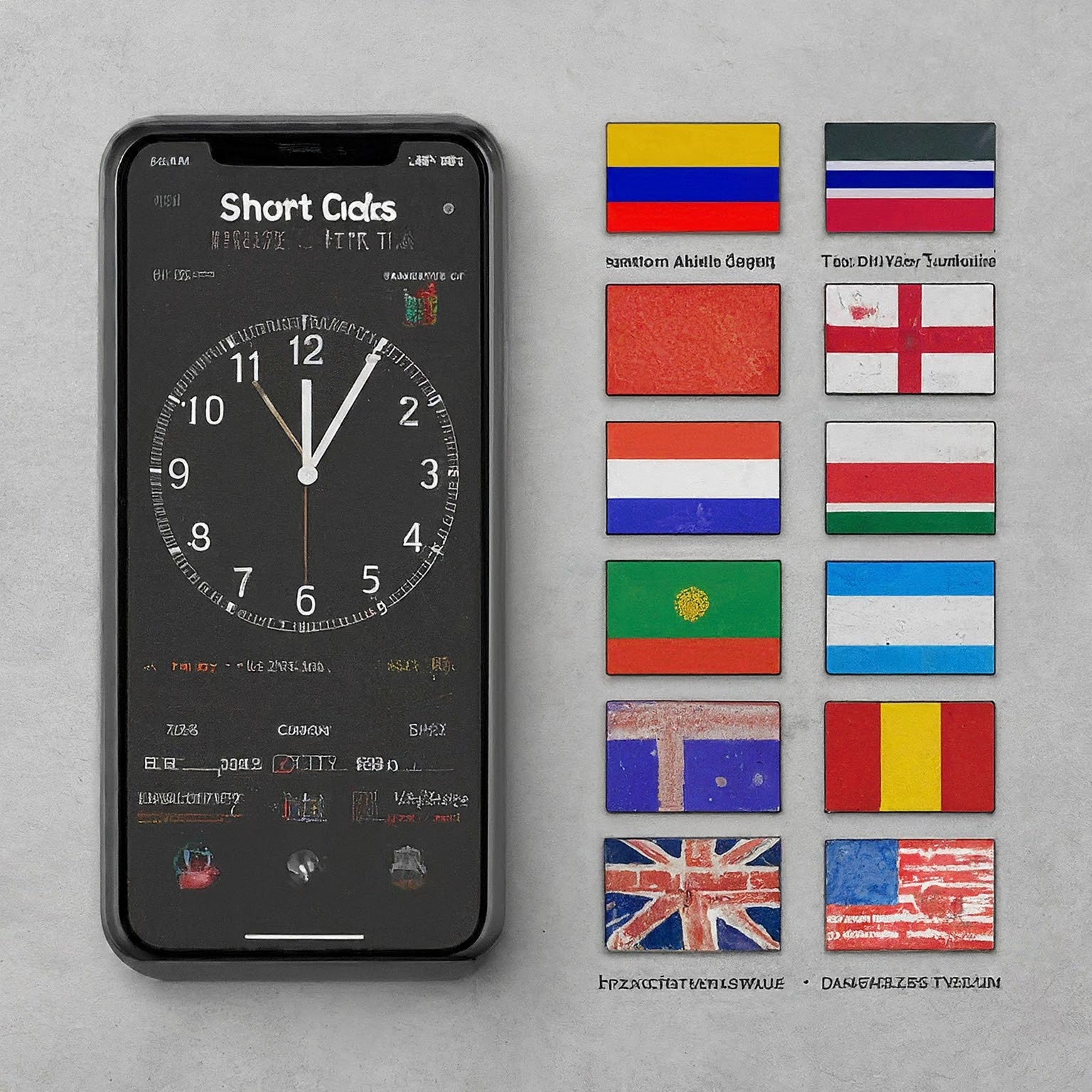In our interconnected world, country short codes play a crucial role in various aspects of communication, data management, and international interactions. This in-depth article unravels the mystery behind these codes, exploring their origins, diverse applications, and significance in the digital age.

What Are Country Short Codes?
Country short codes are abbreviated alphabetic or numeric representations of countries or dependent territories. They provide a standardized way to identify nations in various contexts, streamlining communication and data processing.
Types of Country Short Codes
Several internationally recognized systems utilize country short codes:
- ISO 3166 Codes:
- ISO 3166-1 alpha-2: Two-letter codes (e.g., US for the United States, UK for the United Kingdom)
- ISO 3166-1 alpha-3: Three-letter codes (e.g., USA for the United States, GBR for the United Kingdom)
- ISO 3166-1 numeric: Three-digit codes (e.g., 840 for the United States, 826 for the United Kingdom)
- International Telecommunication Union (ITU) Codes:
- E.164: Country calling codes used for international telephone calls (e.g., +1 for the United States, +44 for the United Kingdom)
- Internet Country Code Top-Level Domains (ccTLDs):
- Two-letter codes used as domain extensions for websites specific to a country (e.g., .us for the United States, .uk for the United Kingdom)
Applications of Country Short Codes
Country short codes have a wide range of applications across various domains:
- International Communication:
- Telephone Calls: E.164 codes are essential for dialing international phone numbers correctly.
- Mail: ISO codes are used for addressing international mail and ensuring accurate delivery.
- Data Management and Analysis:
- Databases: ISO codes are employed in databases to categorize and filter data by country.
- Market Research: Country short codes facilitate market segmentation and analysis based on geographic location.
- Online Presence:
- Website Domain Names: ccTLDs help users identify websites associated with specific countries.
- Search Engine Optimization (SEO): ccTLDs can be used to target website content for specific geographic regions.
- Sports and Events:
- Olympics: ISO codes are used to identify athletes’ countries of origin during the Olympic Games.
- International Competitions: Country short codes are used in various international competitions to represent participating nations.
The Importance of Standardization
The standardization of country short codes is crucial for several reasons:
- Global Consistency: It ensures that countries are identified consistently across different systems and platforms.
- Data Accuracy: It reduces errors and ambiguities in data processing and communication.
- Efficiency: It streamlines international interactions and facilitates seamless information exchange.
Challenges and Considerations
While country short codes offer numerous benefits, there are also some challenges and considerations:
- Geopolitical Changes: Changes in political boundaries or the emergence of new nations can require updates to country short code systems.
- Disputed Territories: The assignment of country short codes to disputed territories can be a complex and sensitive issue.
- Legacy Systems: Older systems may not support all country short codes, leading to potential compatibility issues.
The Future of Country Short Codes
As the world becomes increasingly interconnected, the significance of country short codes is only set to grow. We can anticipate the following developments in the future:
- Expansion of Code Systems: New code systems may emerge to accommodate evolving global needs.
- Integration with Emerging Technologies: Country short codes will likely be integrated with technologies like blockchain for secure and transparent identification.
- Enhanced Data Analytics: Country short codes will play a vital role in big data analysis, enabling deeper insights into global trends and patterns.
Conclusion: Country Short Codes – A Global Language
Country short codes serve as a universal language, transcending linguistic and cultural barriers to connect people and information across the globe. They are indispensable tools for facilitating international communication, data management, and economic activities. By understanding the nuances of country short codes, we can navigate our increasingly interconnected world with greater ease and efficiency.
Let’s embrace this global language and unlock the full potential of country short codes for a more connected and harmonious future.


